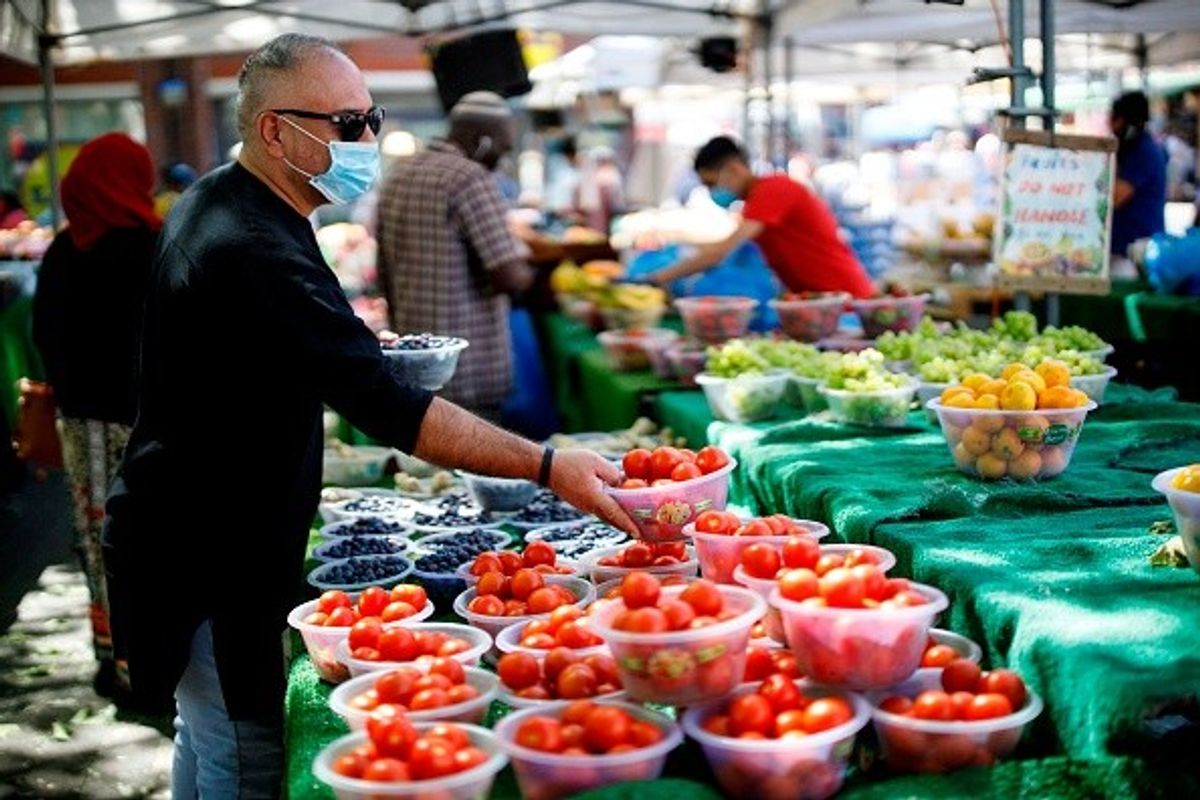There will be "fewer British tomatoes on the shelves" this season, a leading farmers' union has warned citing costly energy bills.
The National Farmers’ Union has warned that this year there could be the lowest production of British tomatoes since 1985, after hefty rises in the cost of production – energy to heat and light greenhouses – forced many growers to make cuts or exit from tomato farming.
Lee Valley Growers Association's Lee Stiles has said that he saw 10 growers leave “London’s salad bowl” last year as they struggled to make ends meet. He expects a similar number in his Lea Valley Growers Association to shut up shop this year, as costly energy bills push them under, The Guardian stated in a report.
“There will be fewer British tomatoes on the shelves,” he said, adding that some growers plan to mothball greenhouses or switch to more lucrative crops such as cucumbers, aubergines or sweet peppers. Usually only about one or two growers move out of the business each year.
Also, about half of the group’s growers have yet to plant tomatoes, so their crop will not be harvested for at least three months.
Overall, production costs are up by about 30 per cent, led by energy and closely followed by labour costs as well as rise in prices of plastic packaging and fertiliser. Stiles however has ruled out the absolute shortage.
“There probably won’t be shortages as usually the Dutch fill the gap but it depends if the supermarkets are prepared to pay their price or choose empty shelves," he said.
According to the latest average wholesale prices collected by the Department for Environment, Food and Rural Affairs, a kilogram of round tomatoes costs £3, 14 per cent more than a year ago and more than double the average of the previous three years.
In February, when supermarket shelves lay empty, the government was accused of failing to support local growers and through Brexit policies.


